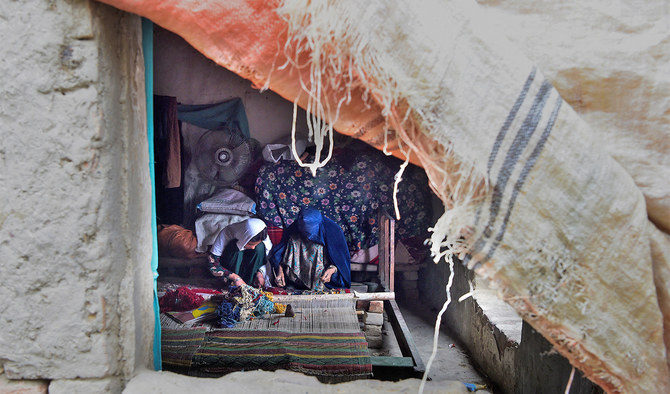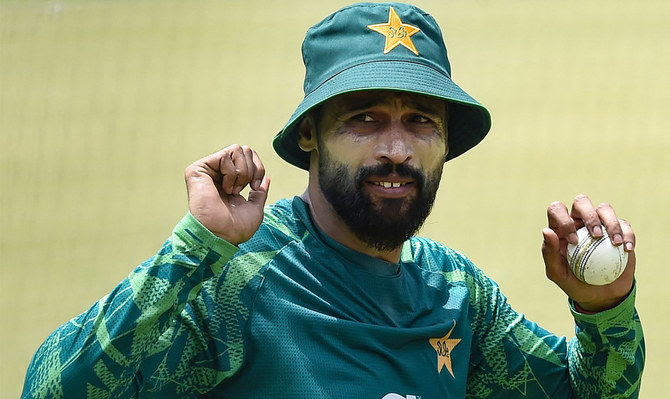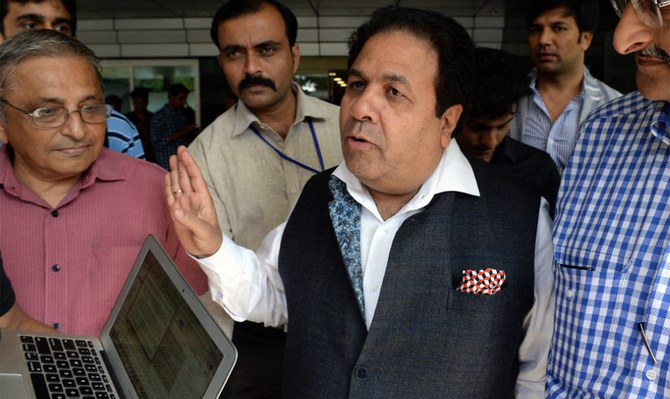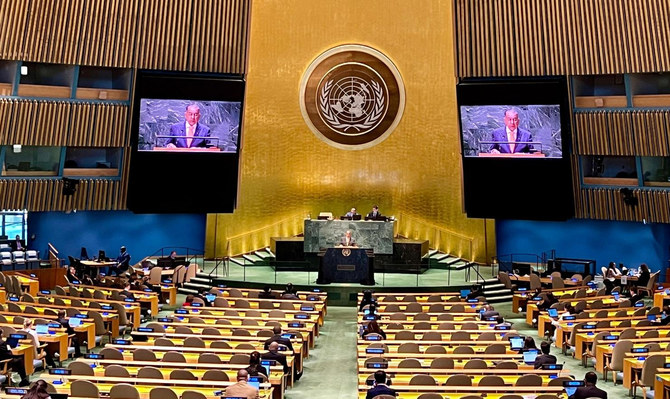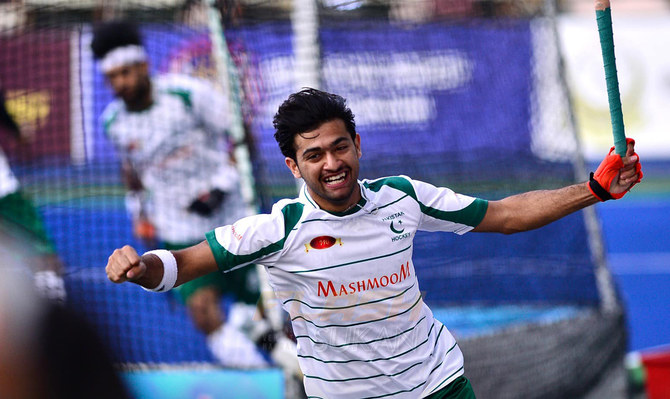KARACHI: When Taliban forces took over their hometown earlier this month, Sharifa Zahidullah and her family left everything behind, joining thousands of other Afghans who have abandoned their houses, possessions, and livelihoods to seek safety in Pakistan.
Zahidullah, her husband and six children arrived from northern Balkh province to Karachi. They are staying in a potato storage room atop an apartment building surrounded by narrow alleys covered with sewage water and filth flies.
“We had never lived life like this,” she said, pointing to her daughters sitting next to potato sacks.
Decades of conflict have driven millions of Afghans out of their country. In Pakistan, 1.4 million are registered as refugees and most of them live in 54 camps across the country. The number of undocumented Afghans in the country is estimated to be much larger. Some 60,000 are registered in Karachi, but unofficial estimates suggest the actual number is five times higher.
As a new exodus unfolds, in just the last two weeks since the collapse of the Afghan government and Taliban takeover, tens of thousands of Afghans have left or are desperately trying to leave their country.
Syed Mustafa, teacher and Afghan community elder in Al-Asif area of Karachi, told Arab News thousands of families had recently crossed the Pakistani border and over a hundred of them had reached Karachi.
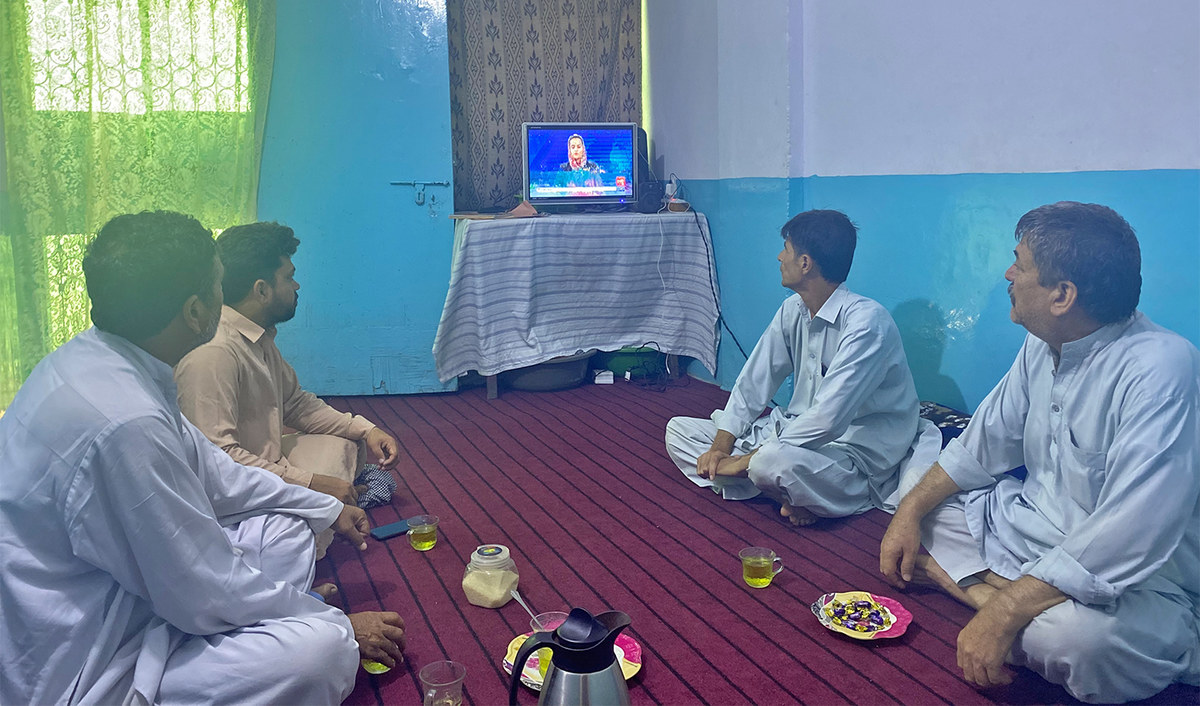
Afghan refugees watch Afghan TV channel ToloNews at a one-room home in Al-Asif area of Karachi, Pakistan, on August 20, 2021. (AN photo)
When the Taliban took control on Aug. 15, they declared a blanket amnesty, vowing no reprisals against former enemies, and announced their aim of forming an inclusive Islamic government.
But those who leave find it hard to believe. Some fear a return of brutal public punishments and executions, and curtailed freedoms, especially for women, imposed during the previous Taliban rule that ended 20 years ago. Others, like Zahidullah and her family, who are Afghan Tajiks — the second-largest ethnic group in Afghanistan — fear increasing violence.
“There was a war in our village, so we fled here due to fighting,” she told Arab News.
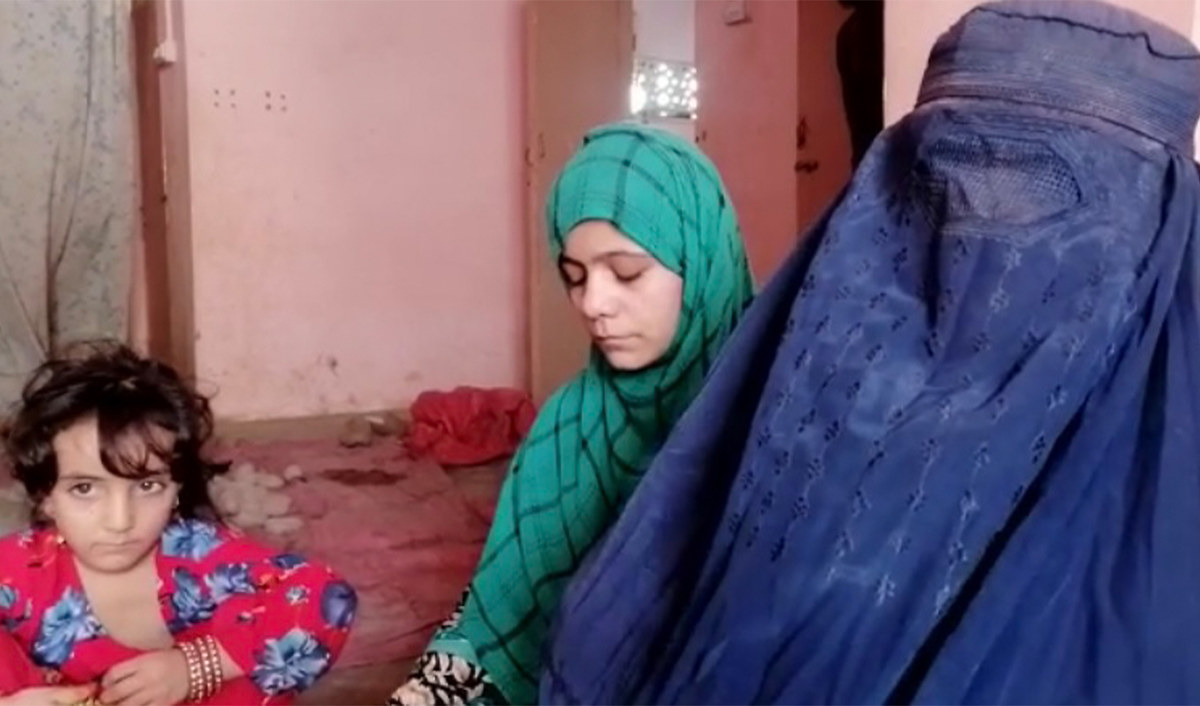
Sharifa Zahidullah, who has recently fled Afghanistan’s Balkh province, speaks to Arab News at her family's temporary shelter, a potato storage room in Al-Asif area of Karachi, Pakistan, on August 20, 2021. (AN photo)
Others, like Tufail Hazara, 50, a member of the Shia Hazara ethnoreligious minority, who fled Afghanistan before Zahidullah, are under threat of persecution.
Members of his community, long marginalized for their faith in a country driven by deep divisions, faced atrocities during Taliban rule in 1996-2001.
Hazara said he would not believe Taliban declarations of inclusivity “until they prove (them) through actions.”
“Taliban and their victory are a reality but it’s also a fact that Afghanistan is a nation of people from different sects who speak different languages. Everyone should be given his share,” he said. “(Pashtuns) are majority but Hazara, Tajik and Uzbeks are also citizens of Afghanistan.”
When that comes true, he said, he would immediately return.
“Afghanistan is my country, and I will not take a minute to go if there is peace.”
Syed Abbas, a Tajik Afghan also living in Karachi, said he did not mind who was ruling the country, but the people did not trust the Taliban because of their repressive political practices in the past.
“I pray they have really changed,” he said, adding that despite the same ethnicity he did not trust Afghan Vice President Amrullah Saleh.
When in power, Saleh “never cared for his people,” just like President Ashraf Ghani, Abbas said. Ghani fled Afghanistan when the Taliban entered Kabul two weeks ago.
“Like Ashraf Ghani, (he) never cared about his people,” Abbas told Arab News, as Saleh has recently formed a militant front against the Taliban.
“This will lead to civil war and more refugees,” he said.
Some of those who returned say there would be violence regardless of who was in control.
“I went back twice,” Muhammad Asif, whose family first came to Karachi over four decades ago, told Arab News, recalling Taliban and Afghan military encounters he witnessed just next to his house in northern Baghlan province
Asif’s is from the majority Pashtun group. But even being a majority does not guarantee more security.
“We would suffer when security forces or Taliban would kill their opponent or each other,” he said.
In Pakistan, his family lives in a one-room house. But this life of deprivation may still be better that what awaits back in his homeland.
“Why should we return?” he said, “Just to come back (to Pakistan) after more hardships?“
Asif’s cousin, who returned for some time, last week arrived back in Karachi after life in his homeland had gone from bad to worse.
After seizing the country’s major cities, the Taliban had lowered the Afghan black-red-green tricolor and replaced it with their black-on-white standard.
“It hurt me a lot when I saw Taliban lowering national flag. This is a symbol of independence,” Shareefa Hayatullah, another refugee living and working in Karachi as a craftswoman, told Arab News.
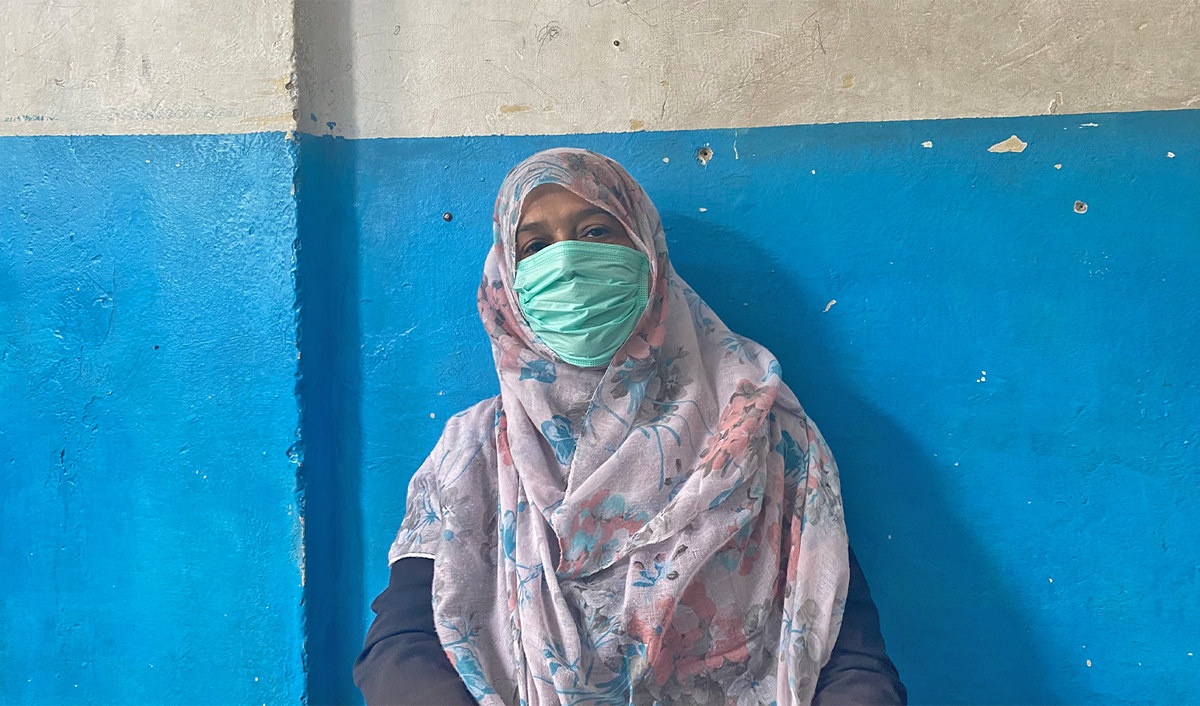
Sharifa Zahidullah, who has recently fled Afghanistan’s Balkh province, speaks to Arab News at her family's temporary shelter, a potato storage room in Al-Asif area of Karachi, Pakistan, on August 20, 2021. (AN photo)
To her, it was like a sign that the most vital reforms of the past 20 years could go in vain, especially for women. Despite corruption, she said, the previous government had invested in reforms for girls’ education.
“If they are stopped, the hard work of two decades will be spoiled,” she said. “Society cannot go ahead without women.”
It would be impossible for her to return to Afghanistan if the Taliban do not allow women to work, said the mother of three, adding that millions of Afghan widows like herself must work to sustain their children.
“If changes don’t occur, more people will leave Afghanistan.”



